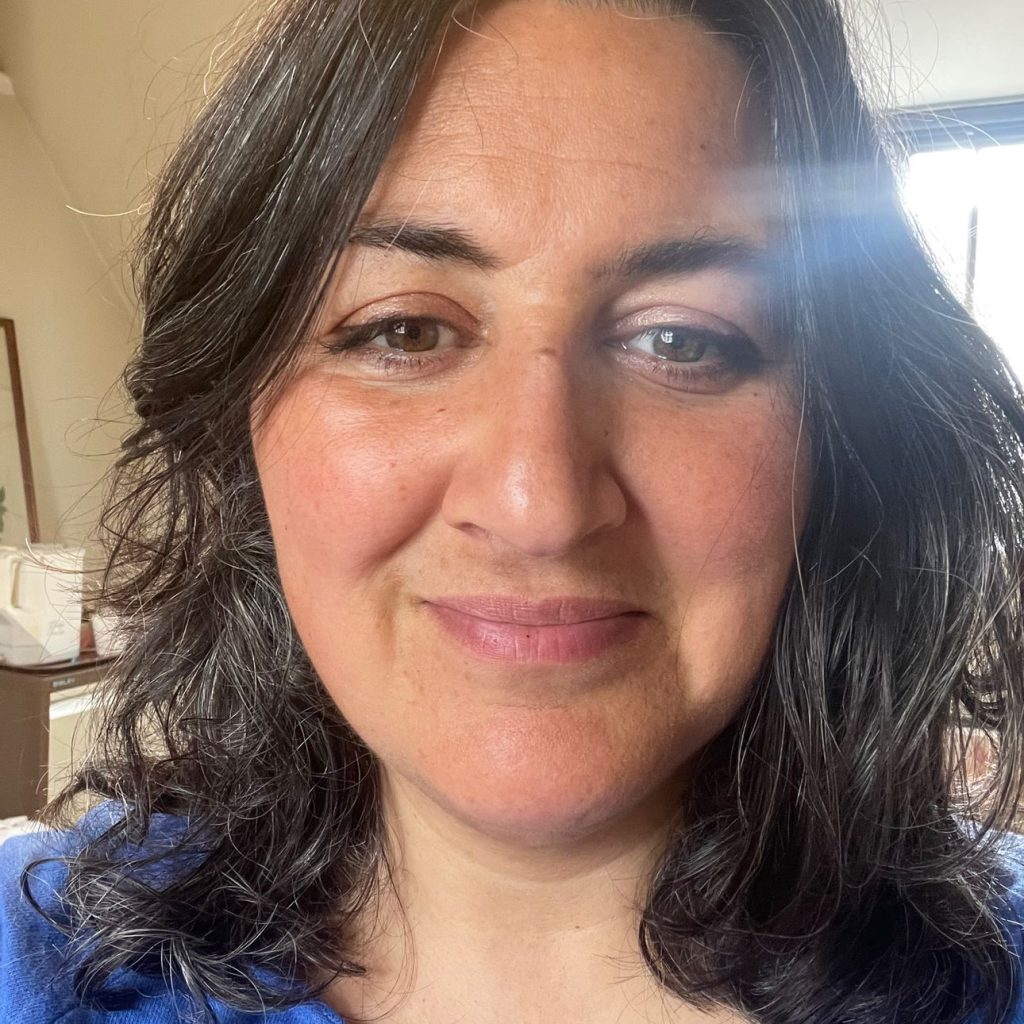
Jerome De Groot
Professor of Literature and Culture, English and American Studies, The University of Manchester
A ‘Maternal Genealogy’ of the Historical Novel from Jane Porter to Louise Erdrich
This talk articulates what Diana Wallace calls the ‘maternal genealogy’ of historical fiction through the consideration of some key novelists: Jane Porter, Sylvia Townsend Warner, Isabel Allende, Toni Morrison, Louise Erdrich, Hilary Mantel, Chimamanda Ngozie Adichie and Charlotte Brönte. Throughout I am looking at the particular practice of these writers in order to understand how we might offer an alternative reading of normative patriarchal/ Western literary history. At the same time, a consideration of these writers allows us to posit not simply a binary ‘alternative’ but an entirely different version of how the historical novel as a form and mode works, develops, evolves and enables us to imagine difference. Each writer brings a new and strange way of looking at and understanding the past, and in this oddness and transgression, I argue, we see the point of this type of writing. Richard Maxwell talks of the form undergoing ‘generic instability’ during the 1700s (Maxwell 2009: 31). For me, this instability is the point, and the unfinished, eccentric, anti-rational work I’ll be introducing shows how the form is at once strange, conservative, challenging and magical.
Prof. De Groot is the author of:
- Consuming History: Historians and Heritage in Contemporary Popular Culture (2004)
- The Historical Novel (2009)
- Remaking History: The Past in Contemporary Historical Fictions (2015)
His research interests include: Public History, the Historical Novel, Literature and culture of the English Revolution.

Mina Gorji
Associate Professor in English and Fellow of Pembroke College, Cambridge
Lyric Listening: Soundings in Romantic poetry
Romantic poetry often describes and reflect on acts of listening – Keats’ “Ode to a Nightingale”, Coleridge’s “Aeolian Harp”, Clare’s “Nightingale’s Nest”, Wordsworth’s “The Boy of Winander” and “Solitary Reaper”. These poems invite us, as readers, to Hark! Hear! listen – to a voice, to the clap of a gate, to birdsong, wind, to silence. But is listening to a nightingale the same kind of experience as listening to the silence of frost, to a song, or an echo across a lake? And how should we listen, here and now? How can we listen, as readers? What might it mean to read a poem listeningly? What are we listening to, or for? Is the sound of poetry heard as a promise is heard, as Susan Stewart has suggested, or is reading a poem more like reading a musical score? This talk offers some possible answers. It explores what can be gained by tuning in to the forms and histories of listening, to the various ways in which Romantic poets listened and invite our listening. It demonstrates a method and a practice of lyric reading, and of reading lyric listening, in relation to a poem’s formal and acoustic textures, and to histories of the auditory, a historically informed close listening.
Prof. Gorji is the author of:
- John Clare and the Place of Poetry (2009)
- Art of Escape (2020) – winner of the International Award for Womens’ Writing in Italy (Premio di Scrittura femminile)
- Scale (2022) – described in the Irish Times as ‘a book of deep sonic attention’
- “Lyric Listening” (2024)
Her research interests include: Romantic poetry, Poetry and poetics from 1780 to present day, Literary margins and the marginal, Cultural history of listening, Sound studies, Lyric studies.

Valerie Purton
Emeritus Professor of Victorian Literature, Anglia Ruskin University, Cambridge, Chair of Tennyson Society and Editor of The Tennyson Research Bulletin
Reliving the Past: Mourning in Dickens, Tennyson and Queen Victoria
The Victorians built a culture of mourning. In an age in which industrialisation and scientific discovery pointed excitingly towards the future, the desire to reanimate the past seems never to have been stronger, the central example being Queen Victoria’s forty years of mourning for her husband, Albert, until her own death in 1901. In this lecture I will focus on the function of mourning in two English writers who each bestrode their age like a colossus: Charles Dickens and Alfred, Lord Tennyson. Each experienced a significant bereavement which coloured the rest of their lives and works: Dickens, when his seventeen-year-old sister in-law, Mary Hogarth, died in his arms in 1837; Tennyson, when his beloved friend, Arthur Hallam, died suddenly in Vienna in 1833 at the age of twenty-two. Dickens’s literary response was to fill his novels with repetitions of the figure of ‘The Victorian Heroine – ‘young, beautiful and good’ – from Rose Maylie in Oliver Twist at the beginning of his career to Rosa Bud in The Mystery of Edwin Drood at the end. Tennyson’s was to write perhaps his greatest work, In Memoriam (1850), charting his mourning for Hallam. I shall explore the unexpected complexities in both these responses, concluding that both writers ultimately reveal the need to move beyond the rituals of mourning and embrace the challenges of the future.
Prof. Purton is the author of:
- Poems by Two Brothers: the Poetry of Tennyson’s father and uncle (1993)
- The Palgrave Literary Dictionary of Tennyson (2011)
- Dickens and the Sentimental Tradition (2012)
and the editor of:
- Darwin, Tennyson and Their Readers (2014)
- Ruskin and Education (2019)